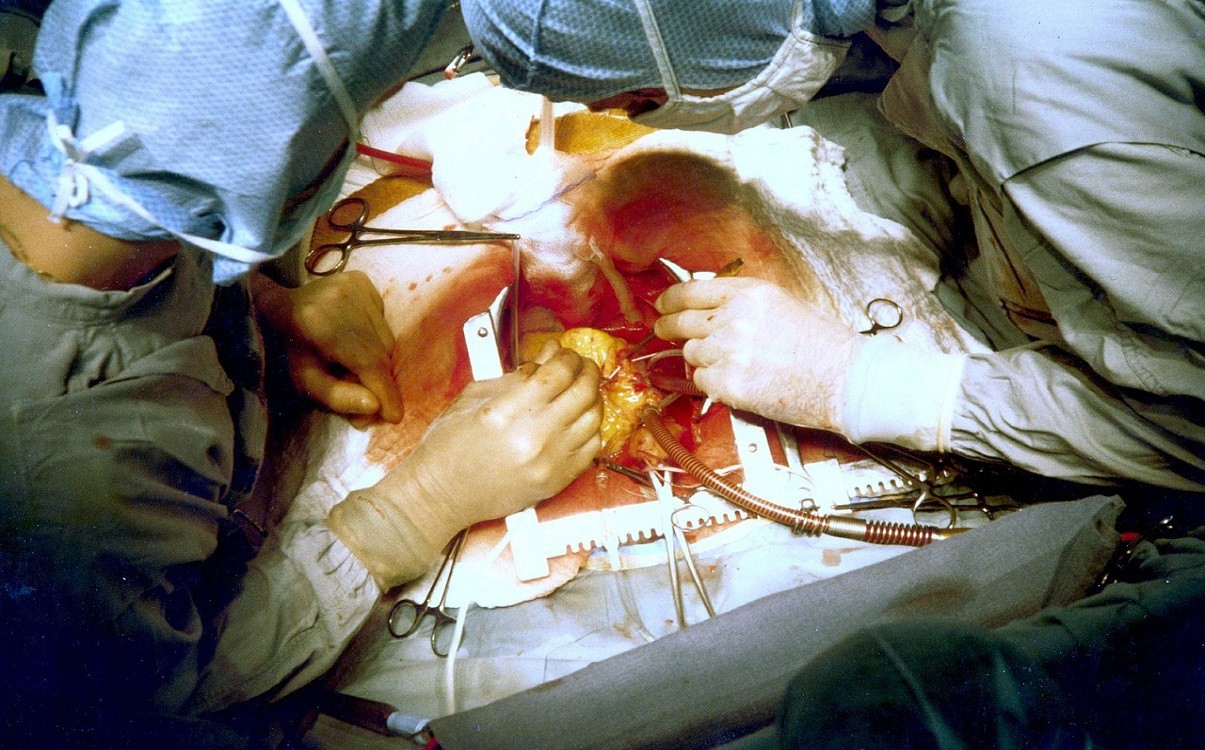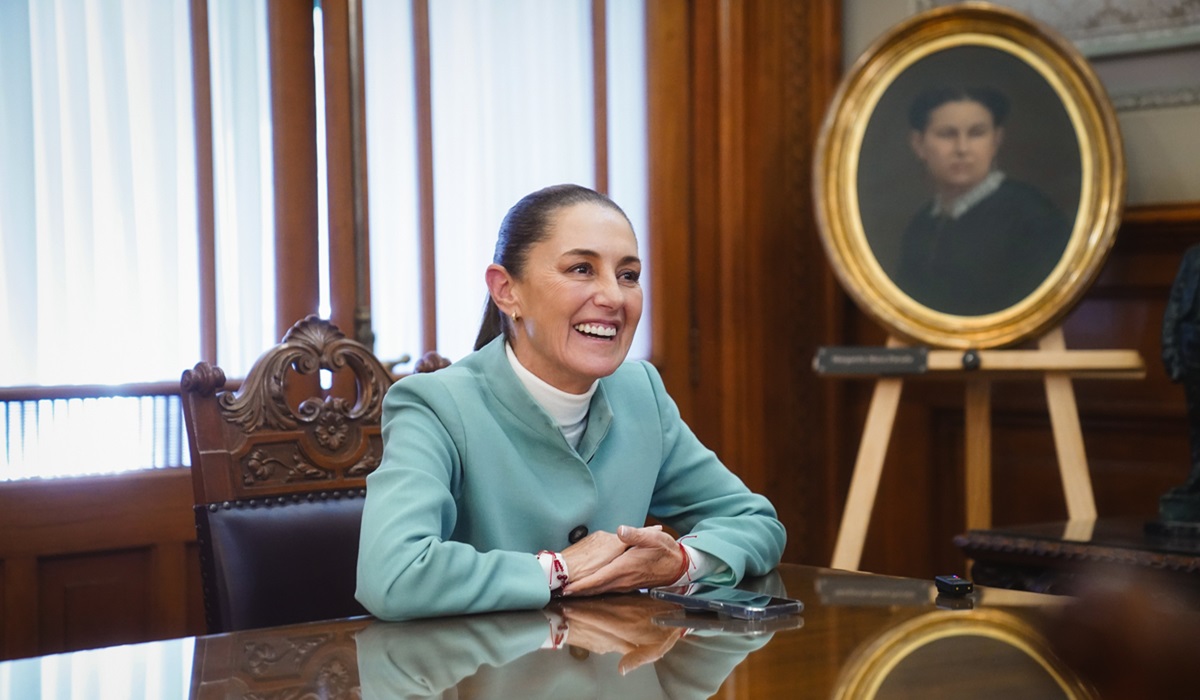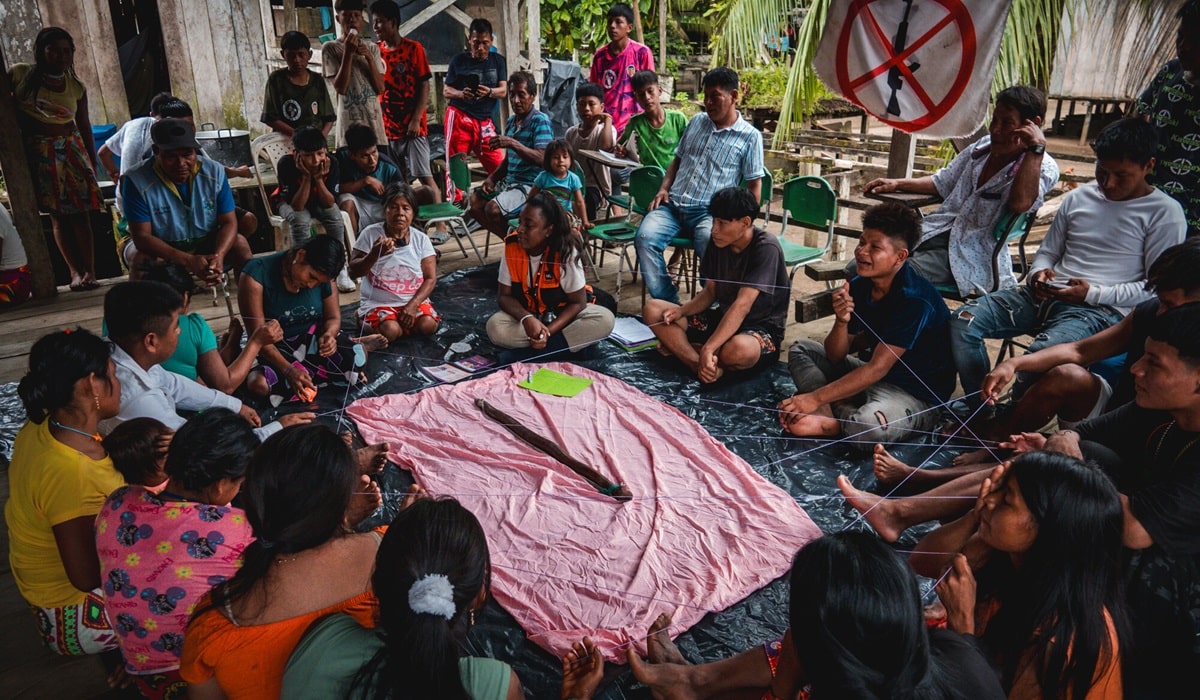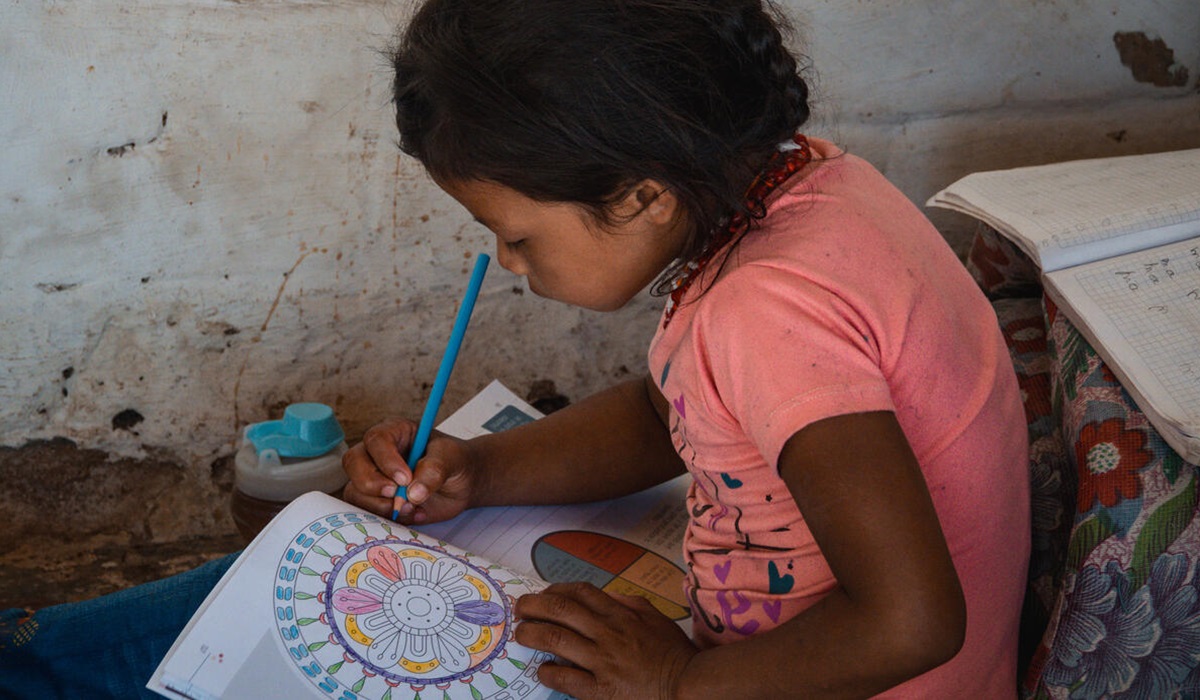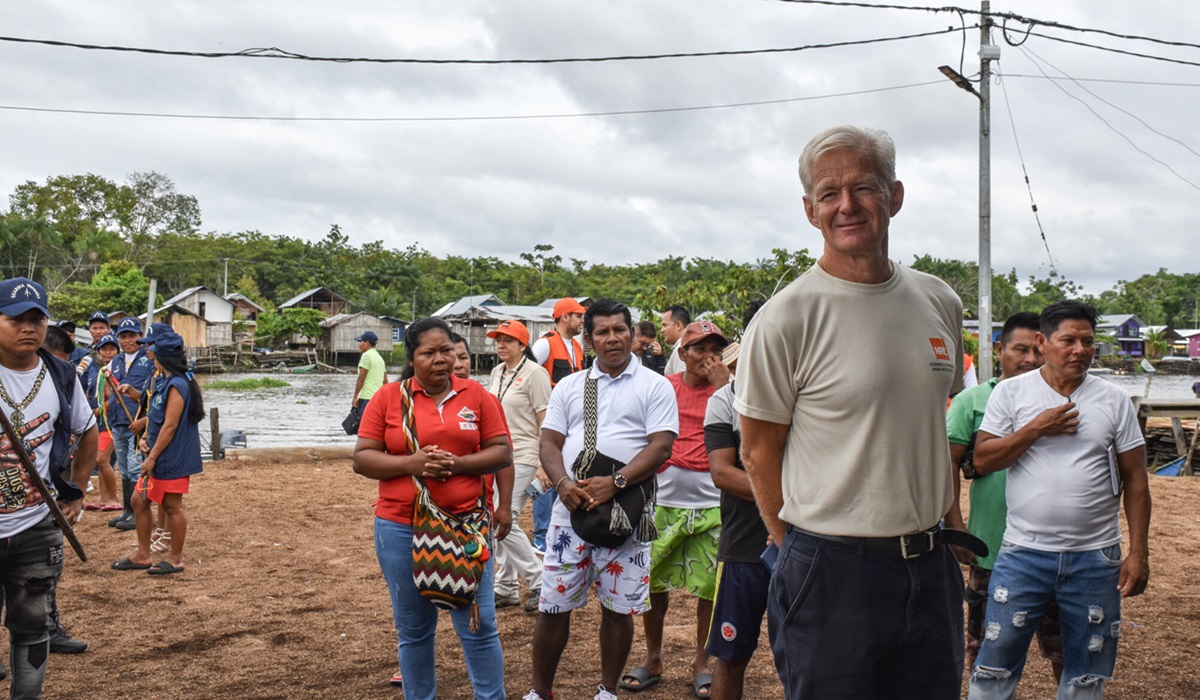Spain has performed 274 organ transplants during COVID-19. Amidst the pandemic, surgery ER rooms remain open
Spain has performed 274 organ transplants during the health crisis caused by the new coronavirus, despite the enormous difficulties posed by the peak of the pandemic. In order to return to the outstanding level of performance before the crisis while continuing to guarantee patient safety, the Spanish National Transplant Organisation (Spanish acronym: ONT) and regional government authorities have launched a Post-COVID Plan to resume a programme that, like many other activities, has been heavily affected during the crisis.
According to data from the ONT, activity remained very strong until 12 March, with an average 7.2 donors and 16.1 transplants daily. These figures are even higher than last year. Between 13 March and 19 May, a total of 274 transplants were performed from 127 donors (148 kidney, 77 liver, 34 heart, 11 lung, three pancreas-kidney and one liver-kidney), which corresponds to an average of 1.9 donors and four transplants per day.
Organ donation and transplantation is an essential activity by the National Health System. However, due to the exceptional health circumstances at the moment, the number of surgeries has fallen. Nonetheless, the Spanish transplant programme remains active and a significant improvement has been noted in the last four weeks.
As improvements are seen in the health crisis, the ONT is noticing a steady recovery in activity and expects a return to pre-pandemic figures will be achieved. The organ donation and transplantation process is a good measure of the situation at hospitals. Hence, if this trend is confirmed, it would indicate an improvement in the level of healthcare saturation.
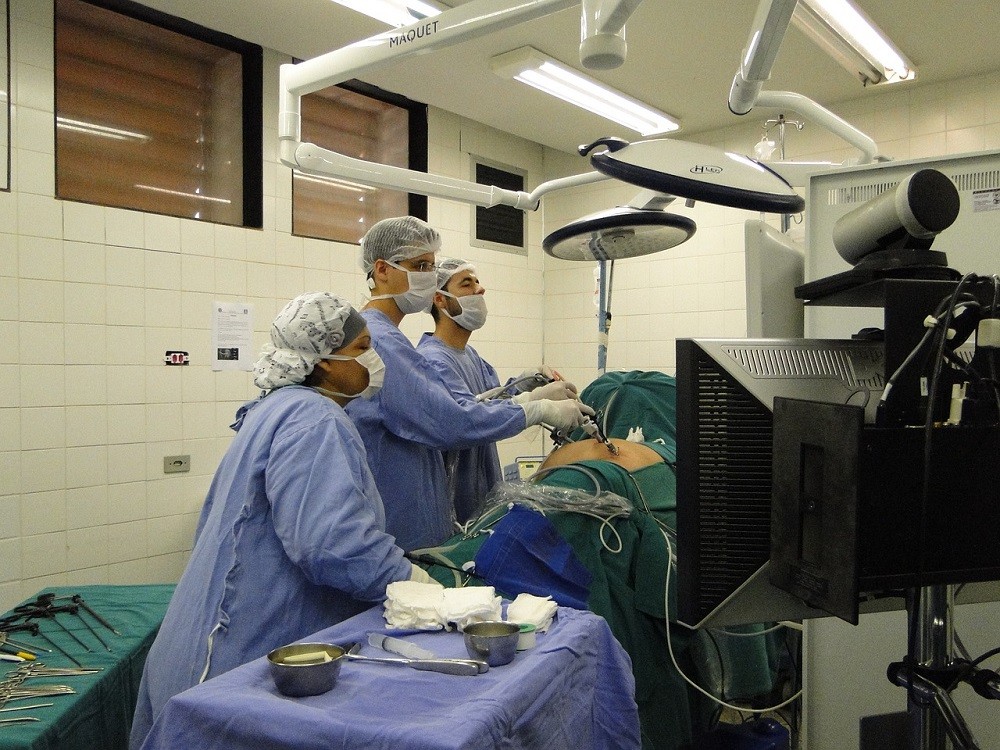
Gratitude for the coordination and transplant network, as well as for donors
In this regard, the ONT would like to highlight the important work carried out by transplant coordinators at hospitals. They are the fundamental pillar of the Spanish Transplant Model. For the most part, they are critical unit professionals. They are being required to redouble their effort during the health crisis given that they have fought infection by the new coronavirus on the front line while attending affected patients and maintaining organ donation and transplantation activity at the same time.
The ONT also praises the enormous generosity of the Spanish public, who continue to demonstrate a very positive attitude towards organ donation despite the current circumstances.
Specific protocols against the new coronavirus
On 23 January, the ONT issued its first recommendations to guarantee safety in organ donation and transplantation with regard to the new coronavirus. The recommendations were developed alongside the Regional Transplant Coordination Authorities and the Infection in Organ Transplant and Immunocompromised Host Study Group (Spanish acronym: GESITRA-IC) of the Spanish Infectious Diseases and Clinical Microbiology Society (Spanish acronym: SEIMC).
Since then, these recommendations have been updated whenever more detailed knowledge of the COVID-19 infection was obtained. To date, the transmission potential of this virus through organ transplantation is unknown. Therefore, the guidelines being issued are based on the principle of maximum precaution:
- Organ donation is rejected in cases of individuals with COVID-19 or with symptoms compatible with the infection.
- In persons who have recovered from COVID-19 infection, organ donation requires a minimum of 21 days from the last sign of symptoms and completion of the treatment, with two negative microbiological tests at least 24 hours apart.
- Screening is performed in all other cases using a PCR test. If the result is positive or non-conclusive, organ donation is also rejected.
- Similarly, tests are performed on potential transplant recipients to check for any infection by the new coronavirus immediately prior to surgery.
- Given the mobility restrictions on healthcare teams between centres, organ extraction by local teams has been encouraged to avoid travel by professionals from other centres of regions of Spain.
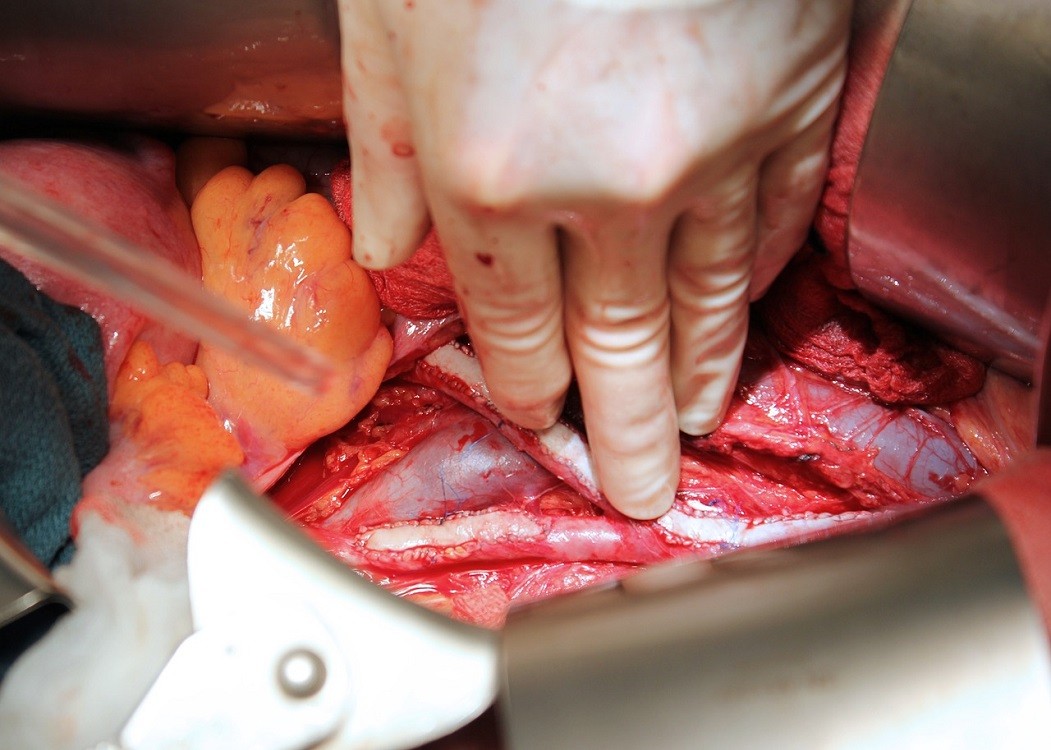
A plan to resume the organ donation and transplantation programme
The ONT and Regional Transplant Coordination Authorities have drawn up a “post-COVID” plan to resume pre-healthcare crisis levels of activity as soon as possible while continuing to guarantee safety for living donors, organ transplant recipients and the healthcare professionals involved in this activity.
This plan is already producing its first results. The plan provides for a steady resumption of organ donation and transplantation programmes, reactivating (non-urgent) selection procedures – given that they have been launched in many regions – and living donor transplants.
Each centre is doing this on an individual basis depending on its epidemiological situation, although the critical point is the existence of COVID-19-free circuits. The plan also includes ongoing adaptation of protocols to knowledge of the disease and a commitment to researching the impact of the new coronavirus in transplant recipients. Strengthening and recognising the coordination and transplant network and committing to its ongoing training are fundamental pillars for dealing with the “post-COVID” era.
Over recent weeks, the national organ donation and transplantation programme has once again shown itself to be a fine example of cohesion and cooperation between different regions of Spain within the national health system.
All the professionals and entities from different sectors involved in this process have joined forces to enable organ transplants for the patients most in need of one regardless of where they are in Spain.
Finally, the ONT thanks organ donors and their families for their enormous generosity, as well as all the social sectors whose support helps to save lives through organ transplantation.
Special procedure for international bone marrow transportation
In terms of haematopoietic progenitor transplantation activity (bone marrow and peripheral blood), 41 transplants from unrelated donors have been performed between March and 15 May. A total of 99 were performed in the same period last year. It is important to stress that cryo-preserved products that were sent during the last two months are still waiting to be used in transplants in May.
In terms of the donations performed in Spain, data from ONT-Spanish Register of Bone Marrow Donors (Spanish acronym: REDMO) also confirm a total of 30 from unrelated donors between 1 March and 15 May, compared with 44 donations in the same period of 2019.
International haematopoietic progenitor transfer operations are supported by the Spanish Guardia Civil and REDMO to ensure that, despite the logistical restrictions stemming from the health crisis, these progenitors can reach their destination for performing a transplant. Between 16 March and 15 May, 39 products were received in Spain and nine were sent overseas.
There are two inter-related reasons to explain the fall in activity at the worst moments of the crisis. Firstly, the healthcare system and Intensive Care Units (ICUs) are overloaded, focusing on the treatment of patients with COVID-19. It is important to remember the deceased organ donation takes place in ICUs and that a large number of patients have to be admitted to these units immediately after their operation.
The second reason is related to safety. Transplant recipients receive immunosuppressive therapy to prevent the transplanted organ from being rejected. This makes them vulnerable to infections in general and infection by COVID-19 in particular. The efforts to avoid infection in this group of patients at times when there are limited spaces available that are free from COVID-19 also explains the reduction in the number of procedures.
At the most critical time for the health crisis, a priority has been placed on patients on the ‘urgencia cero’ list [priority transplant recipients] or those in a very serious clinical situation, for whom the organ transplant cannot wait, as well as patients in whom organ transplantation is complicated by their immunological characteristics or size (when an ideal donor appears during the crisis). Regarding the latter, it should be noted that transplants were performed on 25 children on the waiting list and 30 patients on the ‘urgencia cero’ list [priority transplant recipients] over the last ten weeks.
Transplants were also possible in this period for five hyper immunised kidney patients thanks to the Spanish Prioritisation System for Highly Sensitised Patients (Spanish acronym: PATHI). There has been a clear improvement in the last four weeks with the expansion of criteria for organ transplantation and the first living-donor kidney transplant was even possible, a programme that had been put on pause during the crisis because these are scheduled surgeries that can generally be postponed.
Also, Worth Reading
Bogotá’s tourism industry has been crushed by COVID-19

